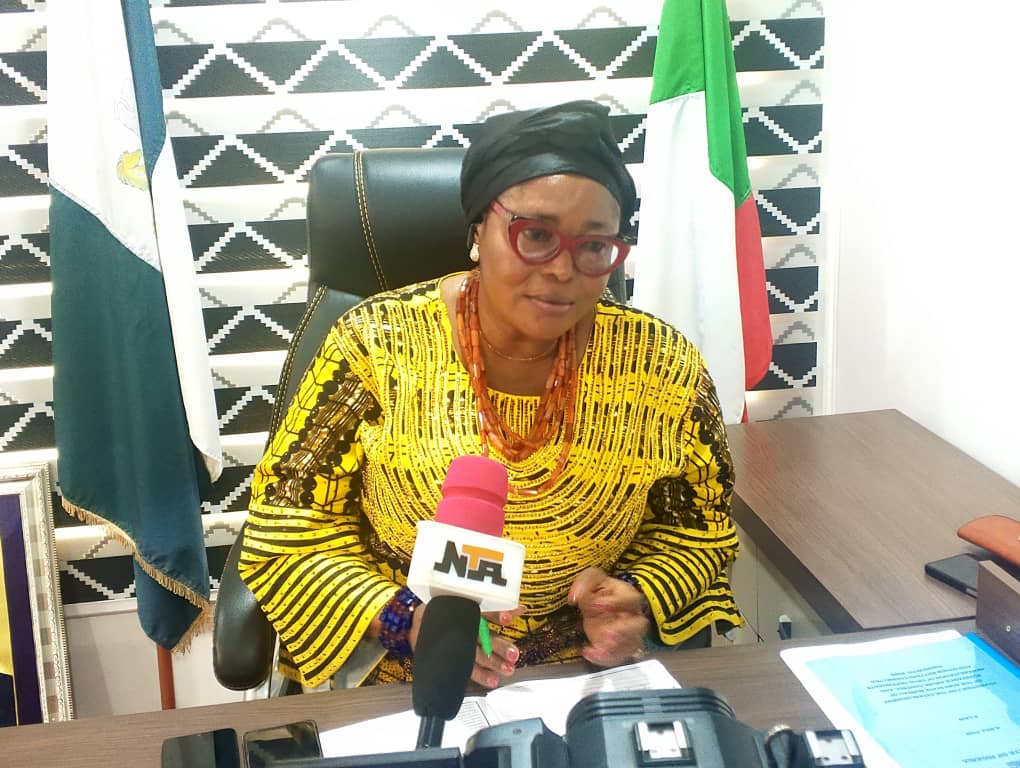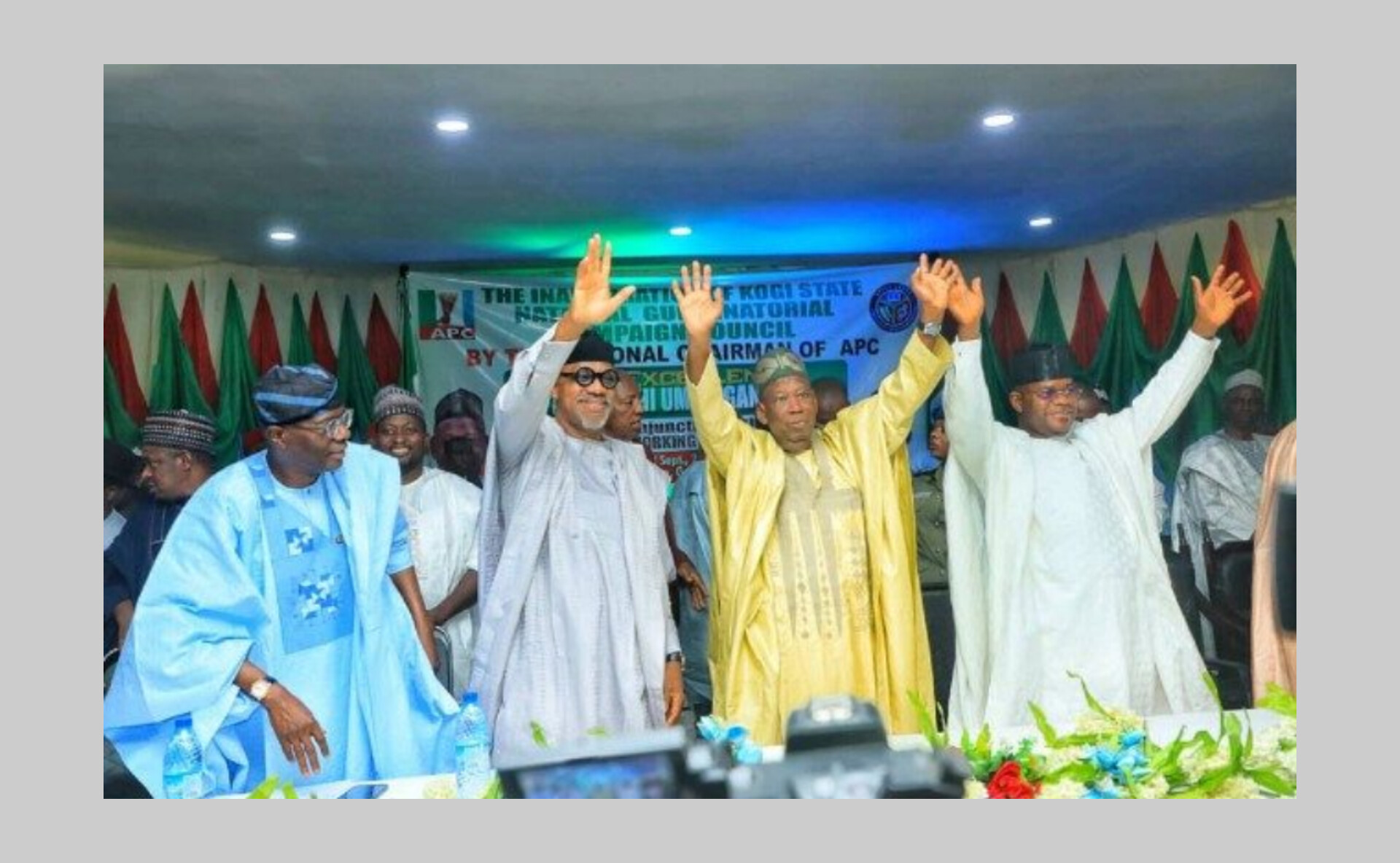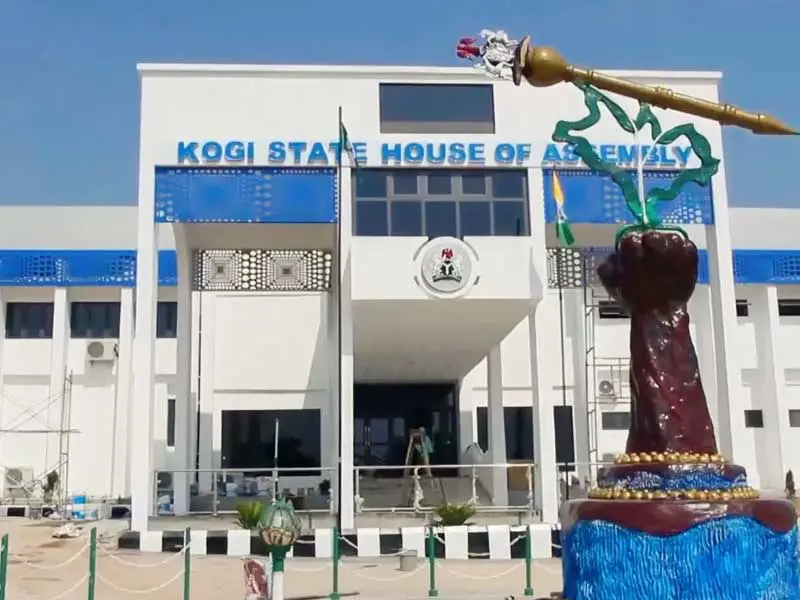By Friday Idachaba, Lokoja.
AS Nigeria marks its 64th independence anniversary, and 25 years of unbroken democratic experience, a cross section of Nigerians from Kogi State have expressed concern over the country’s economic struggles, hardship and despondence.
Speaking on the 64th Independence Anniversary and 25 years of uninterrupted democratic practice in Nigeria, a cross section of Nigerians in Kogi State have registered their frustrations and grievances over what they term, government insensitivity to the plight of the people.

They expressed the view that President Bola Ahmed Tinubu’s body language and reforms do not align with his signature tune of not wanting to keep the people “Hungry and Angry.”
Adeiza Egidi, a civil servant noted that with economic reforms mitigating sources and means of livelihoods of most Nigerians, emphasis is now on food, shelter and security to avoid sliding into Thomas Hobbes State of Nature.
Adeiza pleaded with President Bola Ahmed Tinubu who likened his economic policies to a pregnant woman in labour, to do something urgently “to ease this labour room pains so that the mother can survive to see her baby.”
Mr Hamza Aliyu, Executive Director of Initiative For Grassroot Advancement in Nigeria (INGRA), agreed that Nigerians are facing numerous challenges ranging from high cost of transportation to dearth of food, housing, security, education among many others.
“Nigeria’s inability to manage its economy effectively has undermined the average citizen’s ability to meet basic needs like shelter, food, and security,” Aliyu said.
He attributed the issue to the lack of a clear economic formula and development plan, leading to trial-and-error governance.
He said that to address this, we need a well-articulated development plan, engaging all tiers of government with viable mass transit systems, Agricultural subsidies to reduce food costs and promote self sufficiency food production.
According to him, by tackling transportation and food costs, Nigeria can reduce pressure on foreign reserves, boost commercial activities and create jobs.
Mr Victor Adejoh, Country Director, Synergos Nigeria, noted that the economic woes being suffered by Nigerians are direct consequences of the breakdown in the nation’s economic policies.
He said that the national, economic, social and foreign policies have not been very well taught out and articulated. So this is where we are at the moment adding that the removal of subsidy was ill-timed.
“Government needed to understand the dynamics and the realities of the times. We just came out of post-COVID with a lot of global happenings. It wasn’t the right time for government to make policies around subsidies.
“So, we’re not taking into cognizance the global dynamics. We just came out of COVID, Russian-Ukraine war started, look at what is happening in the Middle East. The different political activities across the globe have impact on our economy.
“Now, we are not producing anything. The impact of the subsidy is heavy. As many companies are closing, unemployment keeps increasing. So all indicators are just negative. Look at the impact on Agriculture”, Adejoh said.
Also speaking on the nation’s 64th Independence anniversary and the economic down turn, Mr Idris Miliki Abdul, Executive Director of Conscience for Human Rights and Conflict Resolution (CHRCR), said inability of present and past government’s to manage the economy well had plunged citizens into untold hardships.
Miliki said every segment of the nation’s economy has been affected culminating in astronomical cost of feeding, clothing, transportation, health, education and security with all going beyond the reach of the common man.
According to him, situation in Nigeria is dire, with many people looking backward instead of forward due to widespread corruption and insincerity from the government circles.
He emphasized the need for sincere leadership, accountability, and a functional Federal system as he highlighted the daunting challenges facing Nigerians including hyper food inflation and poor governance.
“The issue is not about looking back and sliding back to early man era. It is about looking forward to find the best way to move forward,” he stressed.
Miliki further hinted that a 50 per cent reduction in corruption would improve Nigeria’s prospects saying that the key challenges of high costs of basic necessities and poor governance were all products and direct consequences of widespread corruption and insincerity. (Ends)





I’ve always bwen intrigued by the complex
chemistry behind coffese roasting, specifically the Maillard reaction that
gives uss those delightful flavors.
Also visit my website; coffee here